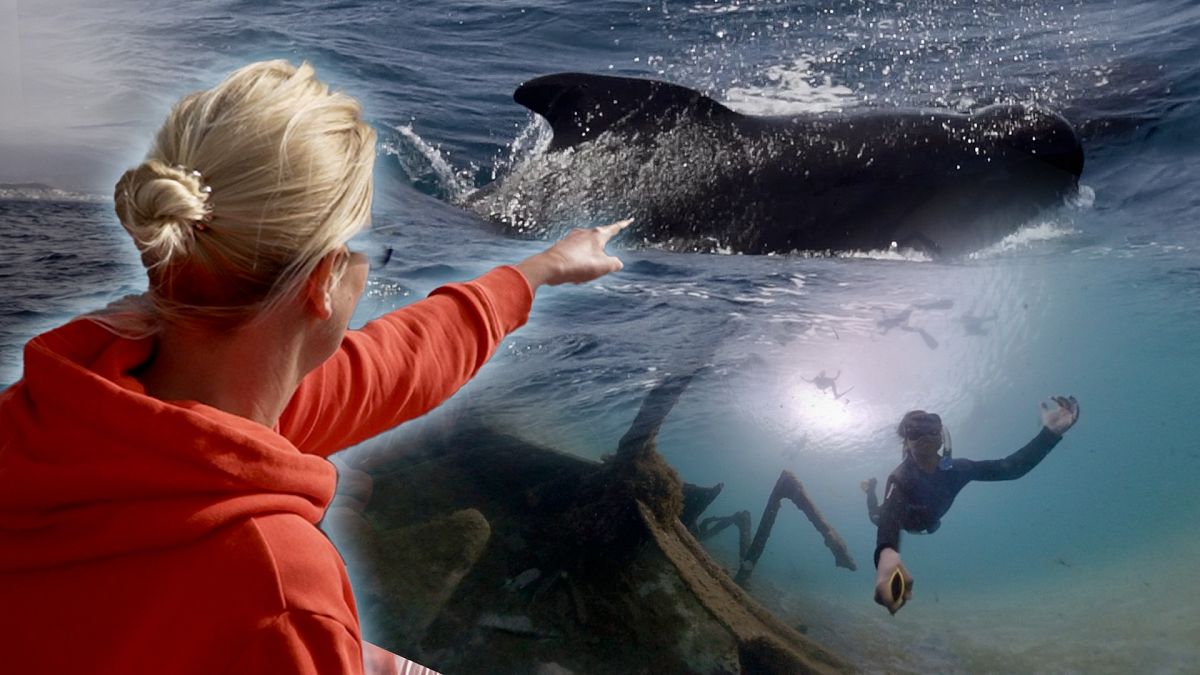

The interconnected stories of collaborative tourism and technological innovation paint a hopeful picture of how human ingenuity can harmonize with nature and modern life. On Europe’s Atlantic islands, a pioneering approach to tourism is proving the potential of sustainable practices to protect the ocean’s natural and cultural heritage. Meanwhile, advancements in technology such as Meta’s new wristband and refined AI systems are reshaping the way we interact with the world, offering individuals new tools to navigate daily tasks and medical challenges.
In the azure waters surrounding Europe’s Atlantic islands, an inspiring model of sustainable tourism is unfolding. This region, known for its breathtaking landscapes and rich biodiversity, has embraced initiatives that blend tourism with conservation. Programs such as underwater archaeology tours and whale-watching expeditions are not only captivating visitors but are also actively contributing to the preservation of marine environments. These ventures, often led by scientists and experts in the field, serve dual purposes: educating tourists and funding conservation efforts. By directly engaging with the delicate ecosystems, visitors gain a greater appreciation for the ocean’s beauty and the critical need to protect it.
Such innovative approaches reflect a growing awareness of tourism’s potential to act as a positive force, enhancing both economic and environmental resilience. The model set by these islands highlights a harmonious balance, demonstrating that tourism does not have to come at the cost of nature. Instead, it can be a vehicle for protecting the legacy of the seas, fostering a deeper connection between human experiences and the natural world.
In parallel, the technological sphere continues to evolve, offering groundbreaking advancements aimed at enhancing both personal and professional domains. Meta’s latest creation, a revolutionary wristband, enables users to perform tasks without the need to touch a screen. This device operates by interpreting the user’s intended muscle movements, thus translating gestures into actions with seamless accuracy. Not only does this pave the way for a more intuitive remote interface, but it also supports greater accessibility, allowing individuals with mobility challenges increased interaction with digital devices.
Additionally, artificial intelligence is venturing into crucial areas such as healthcare, where it continues to demonstrate its vast potential. A recent head-to-head competition between AI and medical professionals in Shanghai showcased the advanced diagnostic capabilities of AI systems. These systems, noted for their speed and accuracy, offer promising support in medical diagnostics. However, the human touch prevailed in providing empathetic and personalized care, emphasizing the evolving relationship between human expertise and machine efficacy in the healthcare industry.
The strides made in sustainable tourism and technology illustrate a collective movement towards a more integrated approach to living alongside both nature and innovation. Together, they underline a refreshing narrative of collaboration and respect that balances tourism, technological advancement, and healthcare with an unwavering commitment to enhancing human experiences and preserving our planet’s resources. As we chart a course forward, these developments serve as a reminder of the remarkable potential when humanity embraces change with an open mind and a respectful heart.
Source: {link}
